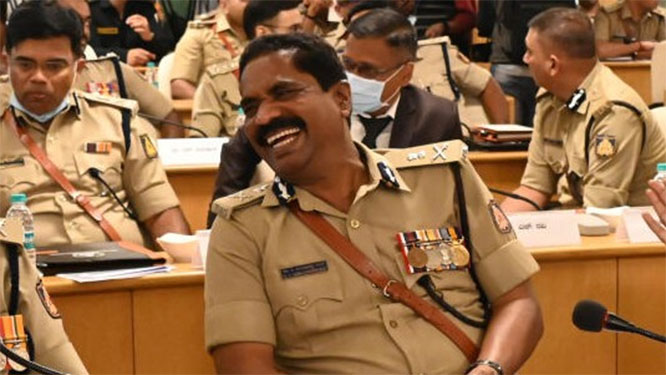A new variant of Dengue has been observed in over 11 states in the country which has become a big concern for health experts.
Though the dengue outbreak is under control, several cases of high fever caused by the new variant of Dengue DENV 2 are being reported in many cities across the country.
The States reporting serotype - II dengue cases are Karnataka, Kerala, Andhra Pradesh, Gujarat, MP, UP, Maharashtra, Odisha, Rajasthan, Tamil Nadu, and Telangana.
Among the multiple variants -- DENV-1, DENV-2, DENV-3, and DENV-4 of the dengue virus, DENV 2 or the strain D2 is considered to be the most severe and can even lead to fatal internal bleeding and shock.
Dr Balram Bhargava, Director-General, Indian Council of Medical Research, told the media that the strain is particularly virulent and capable of inducing mortality. He added that it was one of the reasons behind the mysterious fever which had hit the western UP districts of Firozabad, Agra, Mathura, and Aligarh that led to the deaths of many people last month.
Dr B.L. Sherwal, RGSS Hospital Director, said that irrespective of the Dengue strain, the precaution is the same as the same mosquito spreads the disease.
He said that the most important precaution is not to let water stagnate around you and use full sleeve dress. He warned that this type of mosquito generally bites in the daytime, so we need to take extra care of it.
Dr Sherwal added that these are just types of dengue with more or less the same symptoms and the same pattern of prevention too.
Dr Vineeta Singh Tandon of PSRI Hospital said that D2 is more virulent and can cause high-grade fever, vomiting, joint pains, altered sensorium and may even lead to lethal complications resulting in dengue hemorrhagic fever and dengue shock syndrome.
If a person was infected by one serotype in the past, a second infection by another serotype increases the risk of causing dengue hemorrhagic fever. Rest, hydration, and managing fever with paracetamol are advisable. One should avoid taking analgesics and aspirin.







Comments
Add new comment